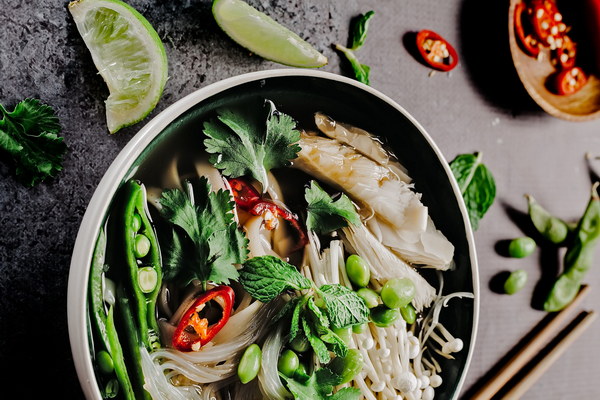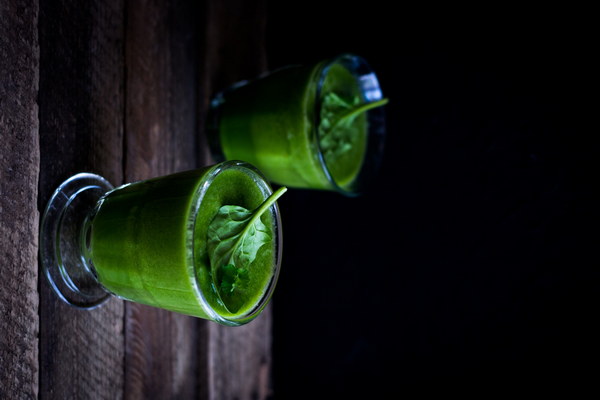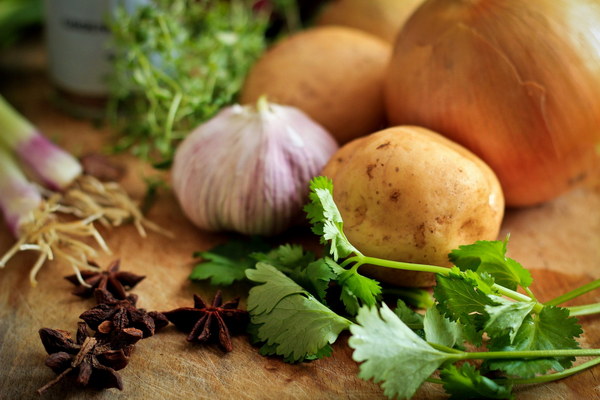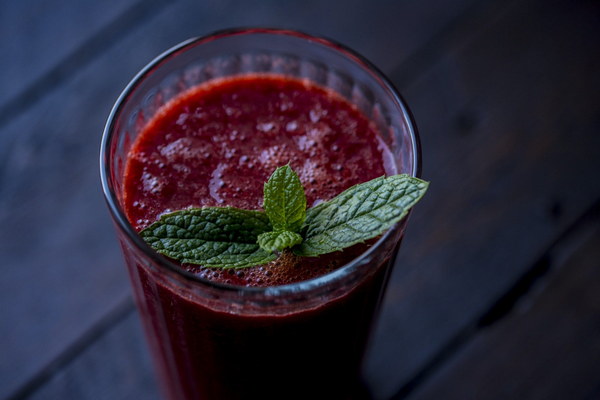Unlocking Winter Health A Comprehensive Guide to Traditional Winter Tonification
Unlocking Winter Health: A Comprehensive Guide to Traditional Winter Tonification
As the cold months draw near, the allure of winter tonification, a time-honored practice in traditional Chinese medicine, becomes increasingly appealing. This guide delves into the art of winter tonification, exploring its principles, benefits, and practical tips to help you embrace the season with vitality and well-being.
Understanding Winter Tonification
Winter tonification, also known as Bu Yi in Chinese, is a concept rooted in the ancient wisdom of balancing the body's internal energies with the changing seasons. According to traditional Chinese medicine (TCM), winter is the season associated with the kidney meridian, which is responsible for storing vital energy or Jing. As the days grow shorter and the temperature drops, the body's natural inclination is to conserve energy, making it an ideal time to reinforce and restore the body's internal resources.
The Benefits of Winter Tonification
The primary goal of winter tonification is to bolster the immune system, enhance energy levels, and improve overall health. By adopting a winter tonification regimen, individuals can enjoy several benefits:
1. Strengthened Immune System: Winter tonification helps fortify the body's defenses against colds, flu, and other seasonal illnesses.

2. Increased Energy Levels: The practice enhances the body's energy reserves, leaving you feeling more energetic and alert throughout the colder months.
3. Improved Digestion: Winter tonification supports the digestive system, which can become sluggish during the colder season.
4. Enhanced Sleep Quality: The practice can improve sleep patterns, leading to more restful nights.
5. Long-Term Health Benefits: Regular winter tonification can contribute to a longer, healthier life by addressing underlying imbalances and promoting overall well-being.
Principles of Winter Tonification
To effectively practice winter tonification, it's essential to understand its core principles:
1. Balancing Yin and Yang: Winter is a time when Yin energy is more prominent. Embrace activities that enhance Yin, such as meditation, gentle exercise, and warm, nourishing foods.
2. Supporting the Kidneys: As the kidney meridian governs winter, it's crucial to support kidney function. This can be achieved through proper nutrition, restful sleep, and stress-reduction techniques.
3. Nutritional Therapy: A balanced diet rich in nutrients, minerals, and vitamins is vital. Foods like kidney beans, goji berries, and nuts are known for their kidney-supporting properties.
4. Physical Activity: Engage in gentle, low-impact exercises like tai chi, qi gong, or yoga to stimulate the body's energy flow without overexertion.
5. Adequate Rest: Ensure you get enough sleep, as it is when the body repairs and rejuvenates itself.
Practical Tips for Winter Tonification
1. Adopt a Warm Diet: Incorporate warming spices like ginger, cinnamon, and turmeric into your meals. Soups and stews are excellent choices for cold weather.
2. Stay Hydrated: Cold weather can dehydrate the body, so drink plenty of warm liquids like herbal teas or broths.
3. Limit Cold Exposure: Protect yourself from the cold by wearing appropriate clothing and avoiding prolonged exposure to harsh temperatures.
4. Practice Self-Care: Engage in activities that promote relaxation and stress relief, such as yoga, meditation, or a warm bath.
5. Regular Check-ups: Consult with a healthcare professional or a TCM practitioner to tailor your winter tonification plan to your specific needs.
Conclusion
Winter tonification is a time-honored practice that can significantly improve your health and well-being during the colder months. By embracing the principles of TCM and adopting a holistic approach, you can unlock the secrets to a healthier, more vibrant winter. Remember, the key to successful winter tonification is balance, so listen to your body and enjoy the journey to a healthier you.









